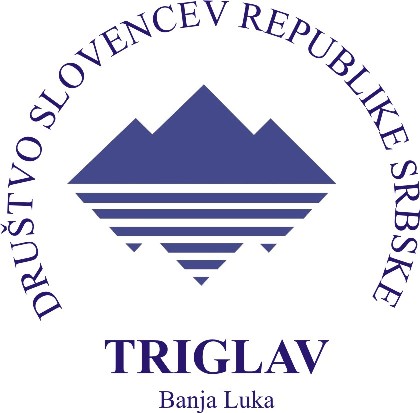Exactly 30 years ago (1995), UNESCO declared April 23rd World Book Day, dedicated to the promotion of reading, publishing and the protection of copyright and intellectual property.
This date was chosen because two greats of world literature – William Shakespeare and Miguel de Cervantes – died on April 23rd, 1616. It is also connected to an old folk custom originating in Catalonia, when Catalans give each other a rose and a book on the feast of Saint George, saying: A rose is for love, and a book is forever. In addition, every year on this day, a city is declared that will take over the title of World Book Capital for a year - this year it is Rio de Janeiro.
Slovenia is one of the few countries where the celebration of Book Day lasts at least a week, this year even until May 17th with a book fair in Zvezda in Ljubljana, which will be held as part of the Book Night. This is a national project (since 2013), in which a large number of cultural institutions participate with various events, promotions, presentations... and the main events are held in all Slovenian libraries on the evening of April 23.
This year, the Triglav Slovenian Association in Banja Luka came up with the idea of organizing the Banja Luka Book Night, modeled after the Slovenian Book Nights. We invited Barbara Hanuš to the Slovenian language class on Thursday (April 24, 2025), which is attended by the oldest group of participants. Barbara has been a long-time teacher of additional Slovenian language classes in Banja Luka, currently teaches Slovenian at the Faculty of Philology in Banja Luka, is the editor of Slovenian children's magazines, and above all, an exceptional author of children's literature. She presented the newer part of this extensive creative wealth to us so clearly, vividly and picturesquely that all of us gathered forgot about time and indulged in the adventures of Barbara's heroes, among whom Luka and Marko certainly stand out. After Barbara's presentation, we all – the students of the language classes, the members of the Executive Board of the Triglav Association and Barbara's students – socialized for a while over snacks. I must especially highlight the special guest of the evening, the Dean of the Faculty of Philology, Biljana Babić, PhD, who, by her presence at the event, certainly showed great affection and respect for Barbara Hanuš, as well as for the Triglav Association of Slovenians, for which I sincerely thank her.
We all agreed that a book – even a children's book – is an invaluable source of all good things and that no technological substitute on the Internet can replace it, nor can artificial intelligence. Long live paper books and their human authors!
Metoda Perger








